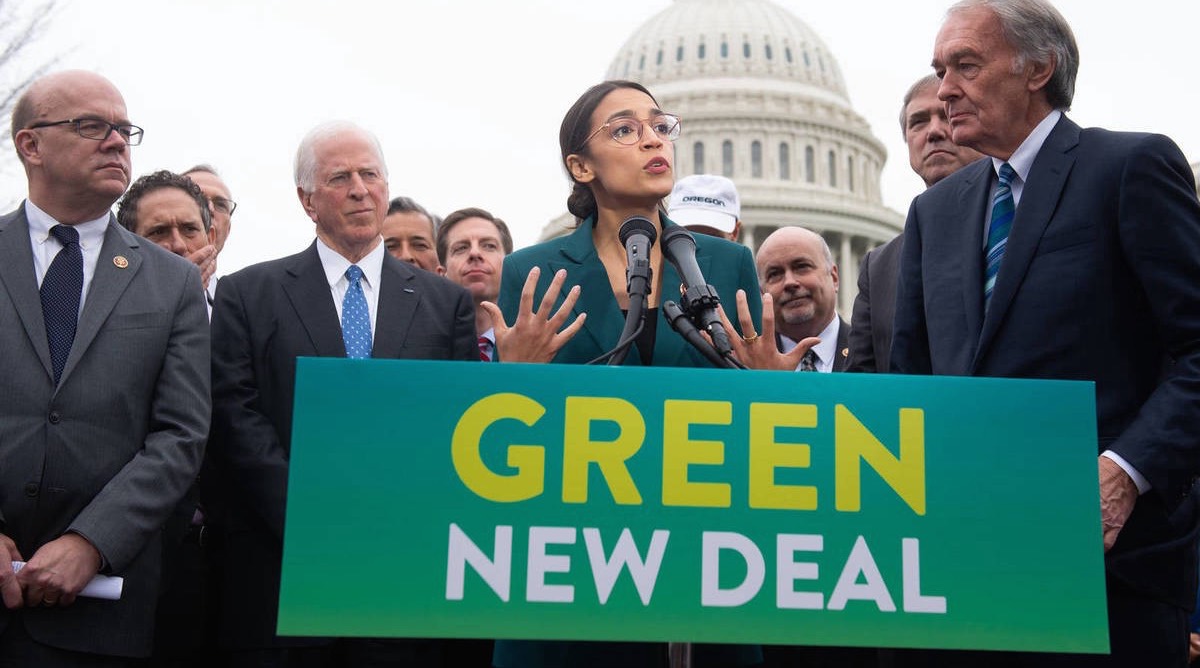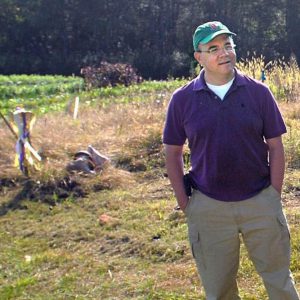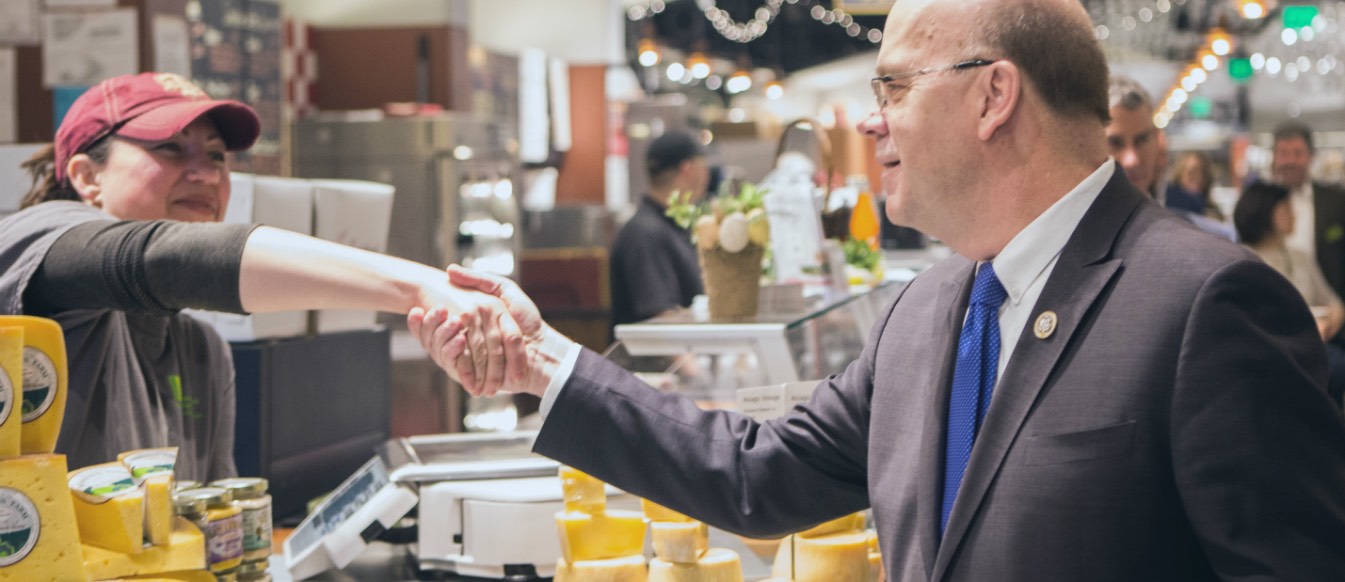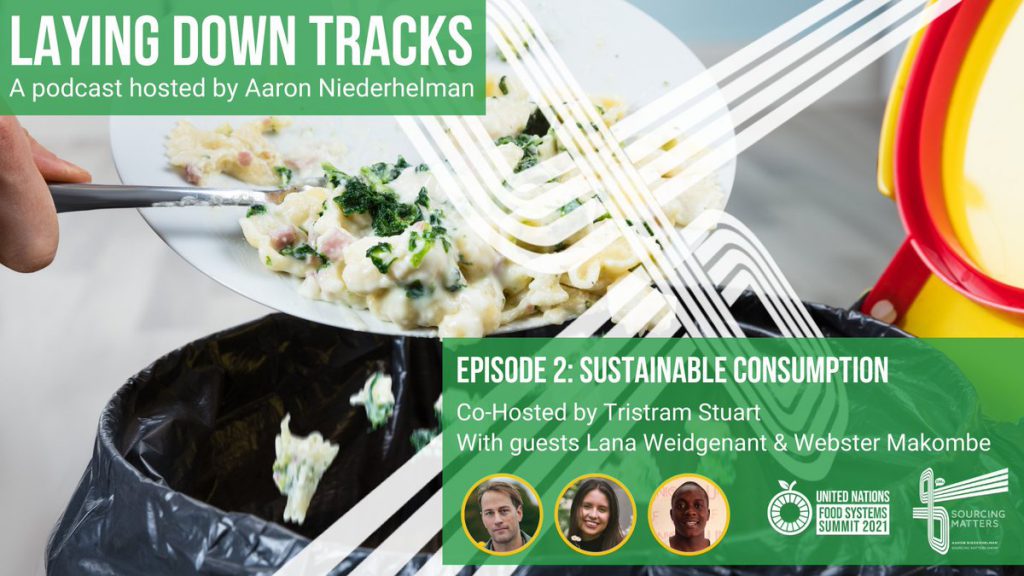
a UN Food System Summit & Sourcing Matters miniseries
Together, the UN Food Systems Summit and Sourcing Matters launch their new and thought-provoking podcast series, Laying Down Tracks.
This inspiring 8-part miniseries, led by Aaron Niederhelman, will feature world experts on issues related to world hunger, malnutrition, climate change, and much more. Focused on the real experiences of rolling out the United Nations Sustainable Development Goals, each episode will bring forward solutions through motivating discussions.
We are laying down tracks to head into a new world where our food systems mean prosperity for people and the planet. Listen now to Laying Down Tracks (LDTs) to learn how you, too, can help save our planet.
EPISODE TWO:
Sustainable Consumption
Host: Aaron Niederhelman, Sourcing Matters podcast
Co-host: Tristram Stuart, co-founder of Feedback and founder of Toast Ale
Guest: Lana Weidgenant, Deputy Director of Zero Hour International and UN Food Systems Summit Vice-Chair for Action Track 2
Guest: Webster Makombe, law student and youth activist from Scaling Up Nutrition Movement
—
‘Laying Down Tracks’ ep.2:
If food waste was a country, it’d be the third biggest global greenhouse gas emitter. “We waste at least a third of the world’s food sources. So, a third of all that environmental impact is happening for no good reason, just for food to be left to rot,” said author and activist Tristram Stuart as he joins Aaron Niederhelman as co-host for this second episode. Stuart is known for his craft beer line Toast Ale, which turns a potential food waste magically into beer. That is something we can all cheers to.
He is joined by Lana Weidgenant, Deputy Director of Zero Hour International and UN Food Systems Summit Vice-Chair for Action Track 2, and Webster Makombe, a law student and youth activist from Scaling Up Nutrition Movement. Sustainable consumption is becoming more of a priority from each generation to the next says Weidgenant, while Makombe shares how local foods are changing consumption habits in Zimbabwe.
Join us to hear all about how you can change your consumption habits – and your beer choice – to create lasting changes in our food systems.
credits:


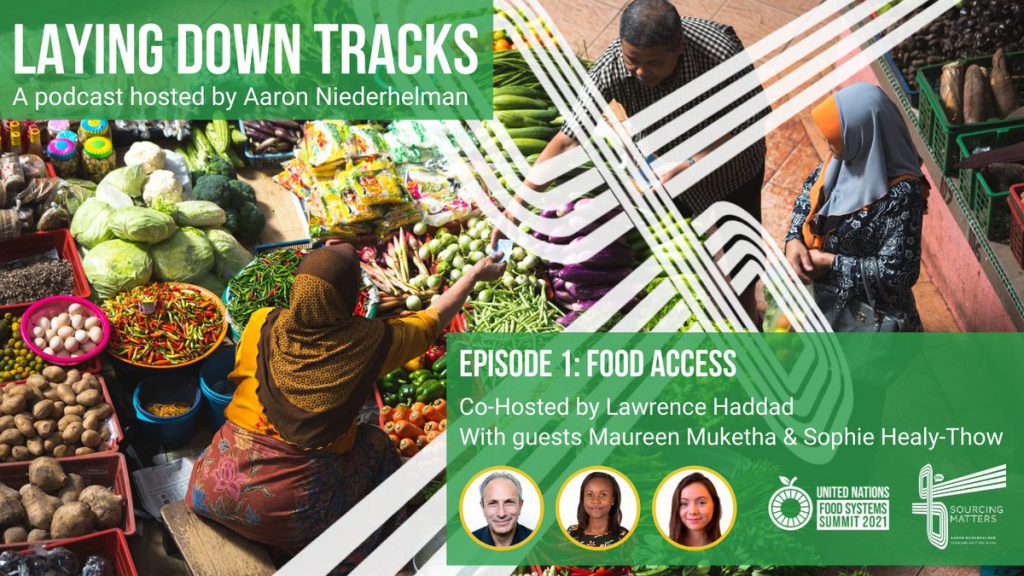

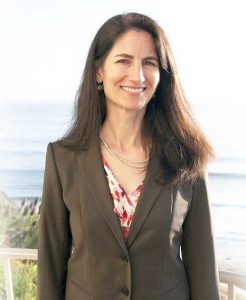 In our 50 minute discussion we learn about the lineage and focus of the Ocean Conservancy. I ask Janis Searles Jones, CEO of the Ocean Conservancy, about the organization’s strategic priorities and how they have evolved since she has taken the leadership role in 2017. We learn about their diverse ocean health efforts, and about what has successfully percolated to the domain of public knowledge. We hear what’s really working and how certain pathways to broader awareness – initiatives focused on the likes of plastic straws & sea turtles – are serving as an impetus to drive real change by empowering end users, consumers and voters. We discuss the state of biodiversity in our oceans and the capacities for the seas to continue to keep buffering the excess amounts of heat and carbon we’re spewing into the atmosphere. We learn what Ocean Conservancy is doing to instigate climate action in projects ranging from local clean-up initiatives, all the way up to global policy making in multi stakeholder relationships like the Paris Accord.
In our 50 minute discussion we learn about the lineage and focus of the Ocean Conservancy. I ask Janis Searles Jones, CEO of the Ocean Conservancy, about the organization’s strategic priorities and how they have evolved since she has taken the leadership role in 2017. We learn about their diverse ocean health efforts, and about what has successfully percolated to the domain of public knowledge. We hear what’s really working and how certain pathways to broader awareness – initiatives focused on the likes of plastic straws & sea turtles – are serving as an impetus to drive real change by empowering end users, consumers and voters. We discuss the state of biodiversity in our oceans and the capacities for the seas to continue to keep buffering the excess amounts of heat and carbon we’re spewing into the atmosphere. We learn what Ocean Conservancy is doing to instigate climate action in projects ranging from local clean-up initiatives, all the way up to global policy making in multi stakeholder relationships like the Paris Accord.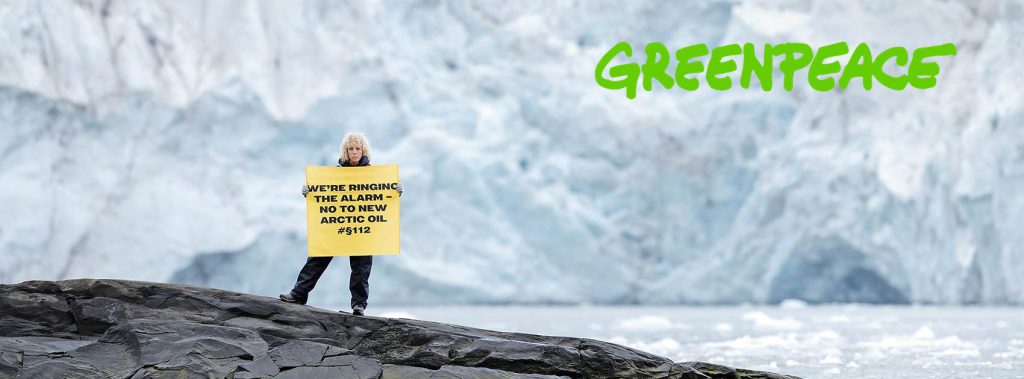

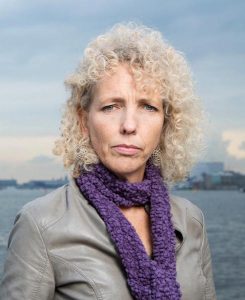 A focus area of our conversation is the utilization and shepherding of regenerative natural resources. Specifically, with the production of food. What humans eat from land and sea has a vast impact on the planet and its inhabitants. In our conversation we explore how
A focus area of our conversation is the utilization and shepherding of regenerative natural resources. Specifically, with the production of food. What humans eat from land and sea has a vast impact on the planet and its inhabitants. In our conversation we explore how 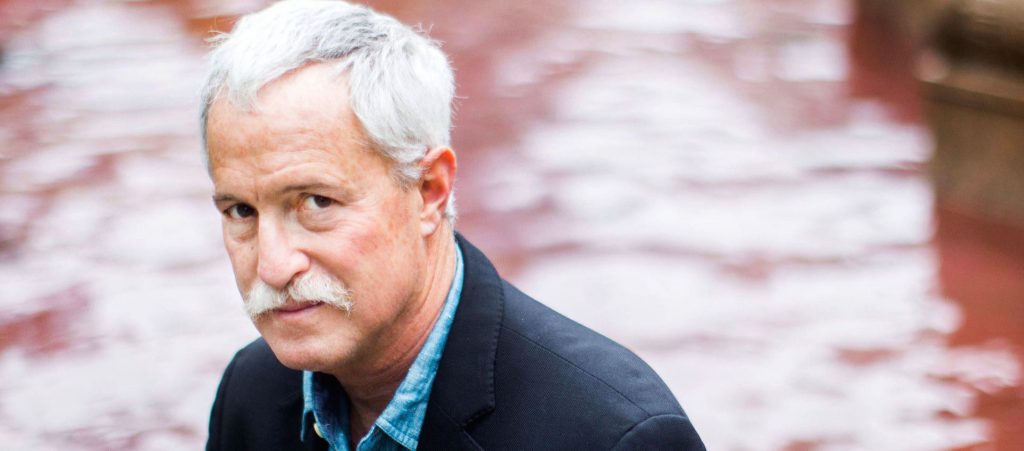

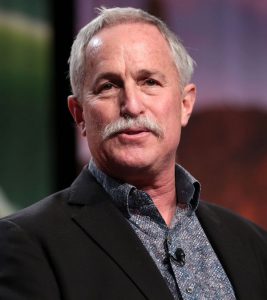 Much of our conversation in this episode focused on the Circular Economy. The United Nations Industrial Development Organizations (UNIDO) describes this holistic approach as, “A circular economy is a new way of creating value, and ultimately prosperity, through extending product lifespan and relocating waste from the end of the supply chain to the beginning – in effect, using resources more efficiently by using them more than once. In a circular economy materials for new products come from old products. As much as possible, everything is reused, remanufactured or, as a last resort, recycled back into a raw material or used as a source of energy. ”
Much of our conversation in this episode focused on the Circular Economy. The United Nations Industrial Development Organizations (UNIDO) describes this holistic approach as, “A circular economy is a new way of creating value, and ultimately prosperity, through extending product lifespan and relocating waste from the end of the supply chain to the beginning – in effect, using resources more efficiently by using them more than once. In a circular economy materials for new products come from old products. As much as possible, everything is reused, remanufactured or, as a last resort, recycled back into a raw material or used as a source of energy. ”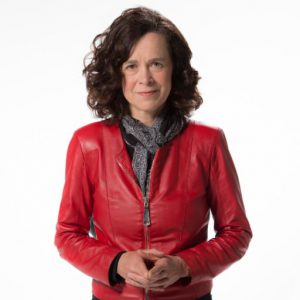 For today’s show we focus the discussion on the engine of environmental change – the economy. Professor Henderson has recently released the book “Reimagining Capitalism – In a World on Fire” – which borrows from the name of a course she teaches at Harvard Business School. As she explains, “I am convinced that we have a secret weapon. I spent twenty years of my life working with firms that were trying to transform themselves. I learned that having the right strategy was important, and that redesigning the organization was also critical. But mostly I learned that these were necessary but not sufficient conditions. The firms that mastered change were those that had a reason to do so: the ones that had a purpose greater than simply maximizing profits. People who believe that their work has a meaning beyond themselves can accomplish amazing things, and we have the opportunity to mobilize shared purpose at a global scale.”
For today’s show we focus the discussion on the engine of environmental change – the economy. Professor Henderson has recently released the book “Reimagining Capitalism – In a World on Fire” – which borrows from the name of a course she teaches at Harvard Business School. As she explains, “I am convinced that we have a secret weapon. I spent twenty years of my life working with firms that were trying to transform themselves. I learned that having the right strategy was important, and that redesigning the organization was also critical. But mostly I learned that these were necessary but not sufficient conditions. The firms that mastered change were those that had a reason to do so: the ones that had a purpose greater than simply maximizing profits. People who believe that their work has a meaning beyond themselves can accomplish amazing things, and we have the opportunity to mobilize shared purpose at a global scale.”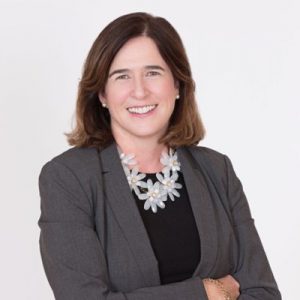 For 30 years The Wildlife Habitat Council has been promoting and certifying habitat conservation and management on working lands through partnerships and education. As the only international conservation NGO focused exclusively on the private sector, WHC provides a framework for voluntary conservation action on a wide variety of corporate lands. Wildlife Habitat Council corporate members represent some of the leading national and multinational corporations seeking to support sustainable ecosystems and the communities that surround them. These efforts have resulted in more than 1,000 certified programs across 48 states, Washington, D.C., Puerto Rico, and 29 countries.
For 30 years The Wildlife Habitat Council has been promoting and certifying habitat conservation and management on working lands through partnerships and education. As the only international conservation NGO focused exclusively on the private sector, WHC provides a framework for voluntary conservation action on a wide variety of corporate lands. Wildlife Habitat Council corporate members represent some of the leading national and multinational corporations seeking to support sustainable ecosystems and the communities that surround them. These efforts have resulted in more than 1,000 certified programs across 48 states, Washington, D.C., Puerto Rico, and 29 countries.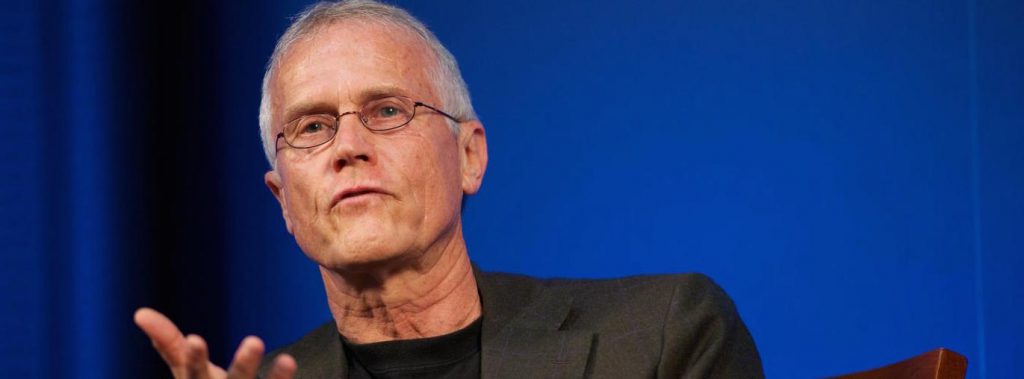
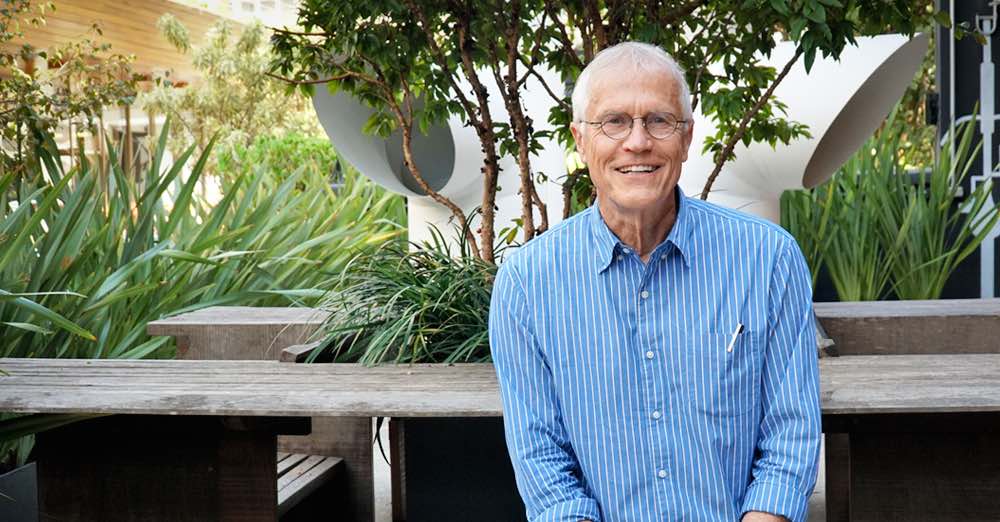
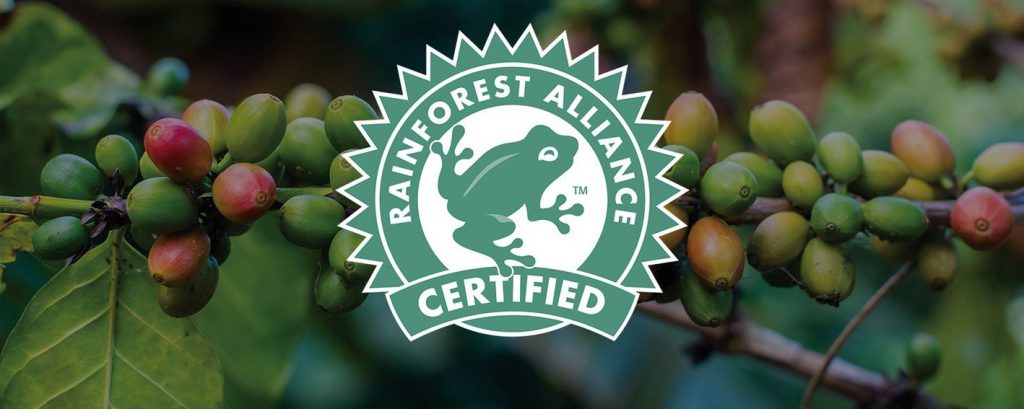
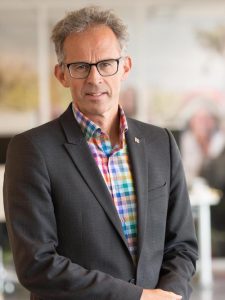 Han has dedicated his career to sustainable development. After studying economics at the University of Wageningen, he worked for more than 12 years at Oxfam Novib, eventually leading the organization’s work in Eastern and Southern Africa. In 1998 Han joined the Dutch government. From 2005 to 2010, he held various positions at the Ministry of Agriculture, Nature and Food Quality, including Deputy Director for Nature. Joining as co-host in episode 94 is Mike Bellamente. Mike invested many years helming Gary Hirshberg’s environmental accountability organization. As former Executive Director at Climate Counts Mike gained traction and the attention of huge brands, and over 20K high-impact followers. Bellamente lead this third-party certifier of Green/Sustainable corporate practice into the mainstream – via the wallets and ideology of consumers who care. Mike now uses his developing company ‘Naked Bullfrog’ to empower more consumer engagement throughout their local & regional communities.
Han has dedicated his career to sustainable development. After studying economics at the University of Wageningen, he worked for more than 12 years at Oxfam Novib, eventually leading the organization’s work in Eastern and Southern Africa. In 1998 Han joined the Dutch government. From 2005 to 2010, he held various positions at the Ministry of Agriculture, Nature and Food Quality, including Deputy Director for Nature. Joining as co-host in episode 94 is Mike Bellamente. Mike invested many years helming Gary Hirshberg’s environmental accountability organization. As former Executive Director at Climate Counts Mike gained traction and the attention of huge brands, and over 20K high-impact followers. Bellamente lead this third-party certifier of Green/Sustainable corporate practice into the mainstream – via the wallets and ideology of consumers who care. Mike now uses his developing company ‘Naked Bullfrog’ to empower more consumer engagement throughout their local & regional communities.